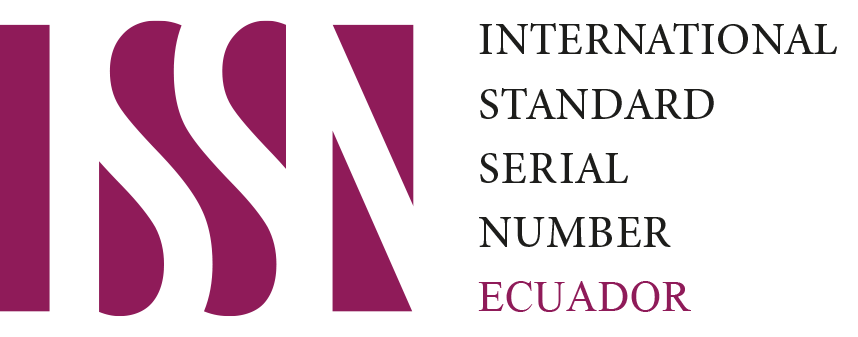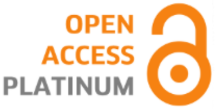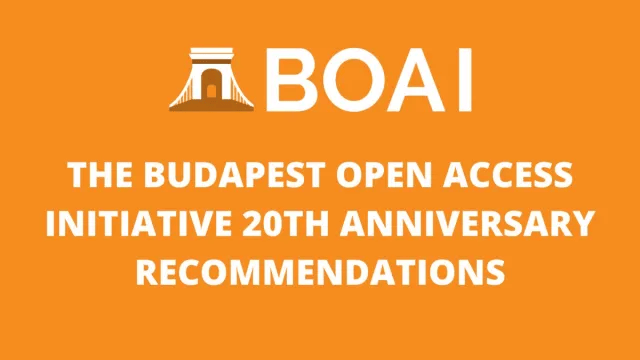Beyond salary, emotional intelligence, and performance in hybridenvironments
DOI:
https://doi.org/10.5281/zenodo.16740882Keywords:
emotional intelligence, job performance, hybrid environments, human talent management, organizational psychologyAbstract
This study analyzes the relationship between emotional intelligence and job performance in hybrid contexts, characterized by a combination of in-person and remote learning modalities. Using a quantitative correlational approach and a cross-sectional design, validated scales were administered to a sample of 120 Latin American workers from various sectors, including technology, education, telecommunications, and public administration. The results showed a positive correlation between emotional intelligence and task performance (ρ = 0.65) and contextual performance (ρ = 0.56), as well as a negative correlation with counterproductive behaviors. These associations support the literature that highlights the strategic value of emotional competencies in omplex work environments. The study highlights the significance of recognizing emotional intelligence as a multifaceted resource that fosters adaptation, psychological well-being, and organizational effectiveness. It also highlights the need to integrate emotional development programs into human talent management, particularly in hybrid frameworks where autonomy, asynchronous collaboration, and emotional regulation are key factors. The study provides relevant empirical evidence for the formulation of organizational policies that aim to strengthen human capital beyond traditional economic incentives.
Downloads
References
Bar-On, R. (1997). The Emotional Intelligence Inventory (EQ-i): Technical manual. Multi-Health Systems.
Boyatzis, R. E. (2018). The competent manager: A model for effective performance. John Wiley & Sons.
Boyatzis, R. E., Rochford, K., & Taylor, S. N. (2017). The role of the positive emotional attractor in vision and shared vision: Toward effective leadership, relationships, and engagement. Frontiers in Psychology, 8, 1371. https://doi.org/10.3389/fpsyg.2017.01371
Brunetto, Y., Xerri, M., Trinchero, E., Beattie, R., Shacklock, K., & Farr‐Wharton, R. (2021). Comparing the impact of management on public and private sector nurses in Italy and Australia: A cross‐sectional study. Public Management Review, 23(2), 210–229. https://doi.org/10.10 80/14719037.2019.1679233
Campbell, J. P. (1990). Modeling the performance prediction problem in industrial and organizational psychology. En M. D. Dunnette & L. M. Hough (Eds.), Handbook of industrial and organizational psychology (2.ª ed., Vol. 1, pp. 687–732). Consulting Psychologists Press. https://psycnet.apa.org/record/1993-97198-012
Carmeli, A. (2003). The relationship between emotional intelligence and work attitudes, behavior and outcomes: An examination among senior managers. Journal of Managerial Psychology, 18(8), 788–813. https://doi.org/10.1108/02683940310511881
Cherniss, C. (2010). Emotional intelligence: Toward clarification of a concept. Industrial and Organizational Psychology, 3(2), 110–126. https://doi.org/10.1111/j.1754 9434.2010.01231.x
Clarke, N. (2010). Emotional Intelligence and Its Relationship to Transformational Leadership and Key Project Manager Competencies. Project Management Journal, 41(2), 5–20. https://doi.org/10.1002/pmj.20162
Côté, S. (2014). Emotional intelligence in organizations. An nual Review of Organizational Psychology and Organizational Behavior, 1, 459–488. https://doi.org/10.1146/annurev-orgpsych-031413-091233
Côté, S., & Miners, C. T. H. (2006). Emotional intelligence, cognitive intelligence, and job performance. Administrative Science Quarterly, 51(1), 1–28. https://doi.org/10.2189/asqu.51.1.1
Creswell, J. W., & Creswell, J. D. (2018). Research design: Qualitative, quantitative, and mixed methods approaches (5.ª ed.). SAGE Publications.
Extremera, N., & Fernández-Berrocal, P. (2006). Emotional intelligence as predictor of mental, social, and physical health in university students. The Spanish Journal of Psychology, 9(1), 45–51. https://doi.org/10.1017/S1138741600005965
Fernández, I., & Galiana, L. (2022). Inteligencia emocional y burnout en profesionales sanitarios durante la CO VID-19: un modelo explicativo. Ansiedad y Estrés, 28(1), 7–14. https://doi.org/10.5093/anyes2022a2
Field, A. (2018). Discovering statistics using IBM SPSS Statistics (5.ª ed.). SAGE Publications. https://www.scirp.org/reference/referencespapers?referenceid=3504991
George, D., & Mallery, P. (2003). SPSS for Windows step by step: A simple guide and reference (4.ª ed.). Allyn & Bacon. https://www.scirp.org/reference/ReferencesPapers?ReferenceID=1457632
Goleman, D. (1995). Emotional intelligence: Why it can mat ter more than IQ. Bantam Books. https://www.ecobook.com/libros/emotional-intelligence-why-it-can-matter-more-than-iq/9780747529828/
Hernández-Sampieri, R., Fernández-Collado, C., & Baptis ta, P. (2014). Metodología de la investigación (6.ª ed.). McGraw-Hill Educación.
Koopmans, L., Bernaards, C. M., Hildebrandt, V. H., van Buuren, S., van der Beek, A. J., & de Vet, H. C. W. (2014). Improving the individual work performance questionnaire using Rasch analysis. Journal of Applied Measurement, 15(2), 160–175. https://postprint.nivel.nl/PPpp5641.pdf
Li, X., Zhang, L., & Zhao, X. (2022). Emotional intelligence and work engagement: A meta-analytic review. Journal of Occupational and Organizational Psychology, 95(3), 676–701. https://doi.org/10.1111/joop.12392
Mayer, J. D., Salovey, P., & Caruso, D. R. (2004). Emotional intelligence: Theory, findings, and implications. Psychological Inquiry, 15(3), 197–215. https://doi.org/10.1207/s15327965pli1503_02
Nunnally, J. C., & Bernstein, I. H. (1994). Psychometric theory (3.ª ed.). McGraw-Hill. https://journals.sagepub.com/doi/abs/10.3102/0013189X004010007
Otzen, T., & Manterola, C. (2017). Técnicas de mues treo sobre una población a estudio. Revista Chilena de Neuro-Psiquiatría, 55(4), 301–307. http://dx.doi.org/10.4067/S0717-95022017000100037
Pulido-Martínez, H., & Reyes-Bossio, M. (2021). Trabajo remoto, emociones y relaciones laborales durante la pandemia por COVID-19 en Colombia y Perú. Acta Colombiana de Psicología, 24(2), 111–126. https://doi.org/10.14718/ACP.2021.24.2.6
Salas-Vallina, A., Alegre, J., & Fernández, R. (2021). Happiness at work and organizational citizenship behavior: Is organizational learning capability a missing link? Personnel Review, 50(5), 1203–1219. https://www.emerald.com/insight/content/doi/10.1108/ijm-10-20150163/full/html
Salovey, P., & Mayer, J. D. (1990). Emotional intelligence. Imagination, Cognition and Personality, 9(3), 185–211. https://doi.org/10.2190/DUGG-P24E-52WK-6CDG
Shoss, M. K., Jiang, L., & Probst, T. M. (2021). Bending but not breaking: A two-study examination of employee resilience in the face of job insecurity. Journal of Oc cupational Health Psychology, 26(4), 283–298. https://doi.org/10.1037/ocp0000284
Wong, C. S., & Law, K. S. (2002). The effects of leader and J. Manage. Hum. Resour. (July - December 2025) 3(2): 1-8 8 follower emotional intelligence on performance and attitude: An exploratory study. The Leadership Quarterly, 13(3), 243–274. https://doi.org/10.1016/S10489843(02)00099-1
Published
Data Availability Statement
All content published in the Journal of Management and Human Resources is available under the Creative Commons Attribution-NonCommercial-ShareAlike (CC BY-NC-SA 4.0) license. This allows for the reading, downloading, distribution, and citation of articles in any medium or format, as long as it is not for commercial purposes and appropriate credit is given to the authors.
Issue
Section
License
Copyright (c) 2025 Dislayne González (Author)

This work is licensed under a Creative Commons Attribution-NonCommercial-ShareAlike 4.0 International License.


































